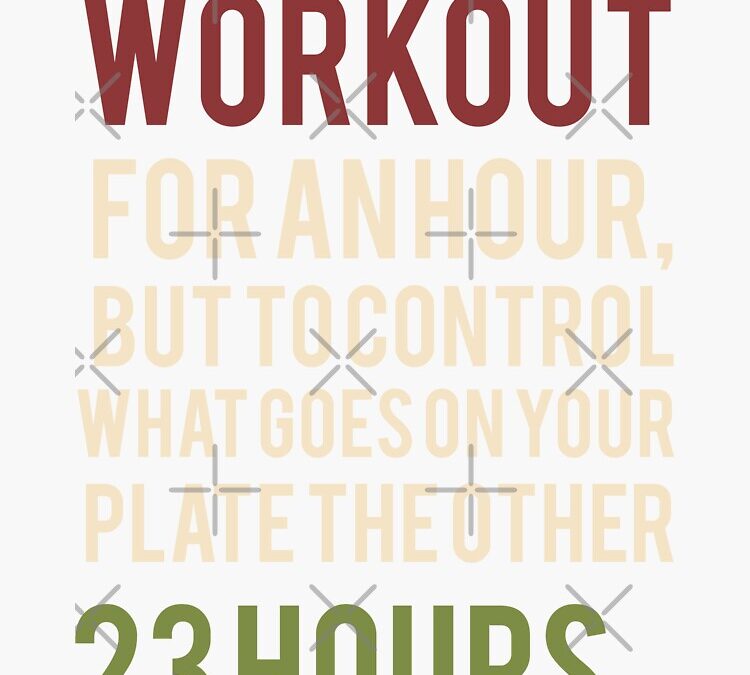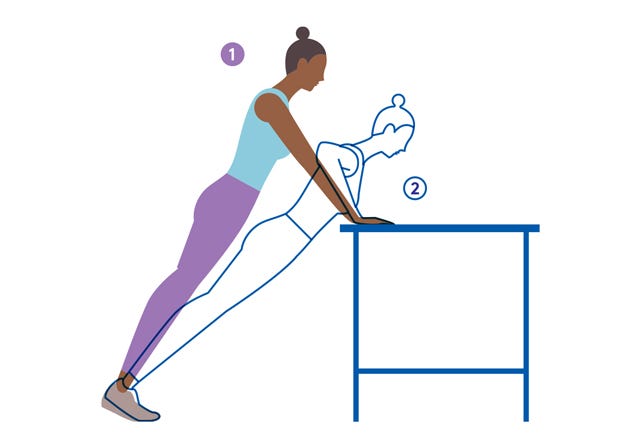When it comes to weight loss and overall health, the focus often falls on the hour spent working out. However, the other 23 hours of your day play a critical role in determining your success. Here’s why those hours matter just as much, if not more:
1. Nutrition and Hydration
What you eat and drink throughout the day has a significant impact on your weight loss journey. A workout can burn calories, but if you’re consuming more calories than you burn, weight loss becomes difficult.
- Balanced Diet: Ensure your meals are balanced with the right proportions of macronutrients – proteins, fats, and carbohydrates.
- Portion Control: Even healthy foods can contribute to weight gain if eaten in large quantities. Be mindful of your portions.
- Hydration: Drinking enough water is crucial. It helps with metabolism and can prevent overeating, as sometimes thirst is mistaken for hunger.
Tips for Success:
- Plan and prepare your meals ahead of time to avoid unhealthy choices.
- Keep healthy snacks readily available to curb hunger between meals.
- Drink water consistently throughout the day, aiming for at least 8 glasses.
2. Sleep and Recovery
Quality sleep and proper recovery are essential for weight loss and muscle recovery. Lack of sleep can lead to hormonal imbalances that increase hunger and reduce the effectiveness of workouts.
- Hormonal Balance: Sleep regulates hormones like leptin and ghrelin, which control hunger and appetite.
- Muscle Recovery: During sleep, your body repairs muscles and tissues, which is crucial for growth and recovery post-workout.
- Energy Levels: Adequate sleep ensures you have the energy for your workouts and daily activities.
Tips for success:
- Aim for 7-9 hours of quality sleep per night.
- Establish a regular sleep schedule by going to bed and waking up at the same time each day.
- Create a relaxing bedtime routine to improve sleep quality.
3. Activity Levels
Staying active throughout the day boosts your metabolism and contributes to overall calorie burn. This includes non-exercise activity thermogenesis (NEAT), which encompasses all the movements you make outside of your workout.
- NEAT: Activities like walking, standing, fidgeting, and doing household chores add up to significant calorie expenditure.
- Sedentary Behavior: Prolonged sitting or inactivity can negate the benefits of your workout and slow down your metabolism.
Tips for Success:
- Incorporate short walks or stretches during breaks at work.
- Use a standing desk or take the stairs instead of the elevator.
- Set a reminder to move every hour if you have a sedentary job.
4. Stress Management
Chronic stress can lead to weight gain through emotional eating and hormonal changes. Managing stress is crucial for maintaining a healthy weight.
- Cortisol: High levels of the stress hormone cortisol can increase appetite and lead to fat storage, particularly around the abdomen.
- Emotional Eating: Stress often triggers cravings for high-calorie, comfort foods.
Tips for Success:
- Practice stress-relief techniques such as meditation, yoga, or deep breathing exercises.
- Engage in hobbies and activities that bring you joy and relaxation.
- Seek support from friends, family, or a mental health professional if needed.
While your workout is an important part of your weight loss and health journey, the other 23 hours of your day are equally important. By focusing on nutrition, sleep, daily activity levels, and stress management, you create a holistic approach that supports your goals and promotes long-term success. Remember, it’s the consistent, small choices you make throughout the day that add up to significant results.




